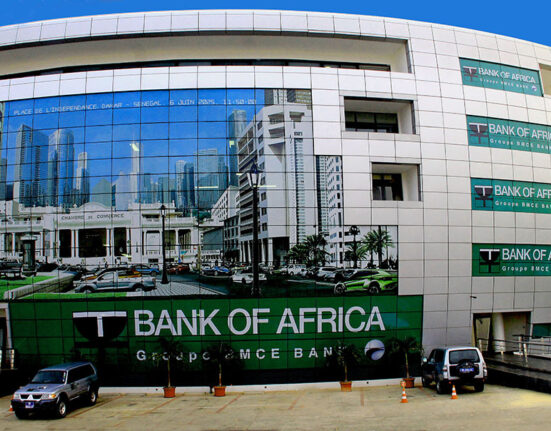Major payment platforms Visa and Mastercard are encountering fierce competition from the rise of cryptocurrency, particularly in South Africa. Financial experts Wiehann Olivier and Dinesh Gurlal shed light on how digital currencies, like stablecoins, are reshaping the financial landscape globally.
“Increasingly, people and businesses are opting for digital money over traditional cash or cards,”
noted Olivier. The once niche market of crypto payments has now transitioned into mainstream commerce. This shift was further emphasized in a report by CEX.IO, revealing that stablecoin transfers reached $27.6 trillion in 2024, surpassing the transaction volume of both Visa and Mastercard combined by 7.68%.
As a response to this dynamic environment, major players like Visa and Mastercard have begun venturing into the world of cryptocurrencies. Visa is piloting stablecoin services across Latin America while Mastercard has partnered with MoonPay to enable stablecoin payments for millions of merchants worldwide.
The adoption of blockchain-based assets as a legitimate medium of exchange is no longer confined to tech-savvy individuals but has permeated everyday transactions across multiple industries. Noteworthy companies such as Microsoft, Burger King, adidas, AT&T, and PayPal have embraced cryptocurrency for regular purchases.
Interestingly, Olivier highlighted that developing regions are witnessing faster growth rates in crypto adoption compared to developed nations. The Global Adoption Index by Chainalysis identified Central and Southern Asia along with Oceania as leaders in embracing cryptocurrencies for daily transactions.
Within Africa, South Africa stands out as a burgeoning hub for retail crypto usage with notable advancements made towards integrating digital assets into mainstream commerce.
“South Africa’s embrace of digital currencies is bridging the gap between cryptocurrency and everyday transactions,”
remarked Gurlal.
Moreover, government involvement through regulatory clarity provided by entities like the Financial Sector Conduct Authority (FSCA) has instilled confidence among businesses to explore crypto solutions. Technologies such as the Bitcoin Lightning Network offer secure and swift transaction capabilities at lower costs than traditional banking methods.
Despite these advancements, one significant challenge remains – the prevailing perception of cryptocurrencies primarily as investment vehicles rather than currencies for transactions. Many South Africans hold onto their crypto assets instead of using them for purchases due to this viewpoint.
In order to drive mass adoption and utilization of cryptocurrencies within commerce, Olivier emphasized the importance of widespread acceptance by major retailers both online and offline. Furthermore, he highlighted that existing infrastructure can support this transition effectively despite concerns around integration complexities or price fluctuations.
“The industry possesses the necessary expertise to seamlessly integrate crypto payments,”
stated Gurlal. Businesses can mitigate volatility risks through appropriate strategies whether they choose instant conversion to fiat currency or retaining crypto on their balance sheets.
As South Africa emerges as a key player in fostering crypto adoption within retail environments,
the narrative around cryptocurrencies evolving beyond speculative investments into practical mediums of exchange continues to gain momentum.









Leave feedback about this